Explainer: What is ‘Jaish al-Adl’ and what makes it a dreaded terrorist group?
By Press TV Website Staff
The headquarters of the Pakistan-based terrorist group, ‘Jaish al-Adl’, was pounded by a barrage of missiles late on Tuesday, which destroyed the group’s terror infrastructure.
The long-anticipated military operation against the dreaded terrorist group based in the border region of Pakistan – southwestern Pakistan’s Balochistan province – has generated intense debate on social media about the terrorist group, its activities and origins.
We try to explain the past and present of the ‘Jaish al-Adl’ terrorist group, which has been involved in numerous terror attacks on the soil of Iran, including most recently in December when 11 policemen were killed in southeastern Sistan and Baluchestan province.
What is Jaish e Adl and who are its leaders?
The terrorist group was founded in 2012 by members of Jundallah, another Pakistan-based terrorist group that was destroyed by Iranian security agencies and ceased to exist after the capture and subsequent execution of its leader Abdolmalek Rigi in June 2010.
Rigi, the mastermind of several deadly terror attacks in Iran, was arrested in February 2010 while on a flight from Dubai to Kyrgyzstan and subsequently executed at Evin Prison on June 19, 2010.
In a statement at the time, the Iranian judiciary said the terrorist group leader was "responsible for the killing of 154 members of security forces and other innocent people and wounding of 320 people since 2003" and was "linked to members of foreign intelligence services.”
‘Jaish al-Adl’ group claims to fight for the “independence” of Sistan and Baluchestan province and its modus operandi is targeting civilians and police stations in the province to foment chaos and disorder.
The murderous ideology of the group is reflected by its green-colored logo, featuring an assault rifle.
The present leadership of the ‘Jaish e Adl’ group isn’t publicly known except for Salahuddin Farooqui and his deputy Mullah Omar Darakhshan, who are believed to be running the day-to-day militant activities of the group.
Farooqui was born in 1979 in Rask, Sistan and Baluchestan province, and has strong tribal connections with Baloch groups in Pakistan’s Balochistan province.
He has openly voiced opposition to the Iranian government, vowed to divide the country and also unapologetically backed the Israeli-American aggression on Syria.
Darakhshan is the brother of Mullah ‘Mauluk’ Darakhshan, the slain Iranian Baloch separatist who was the founder of Sipah-e-Rasool Allah in the 1990s, a key ally of Pakistan-based anti-Shia outfits.
How many attacks it has carried out in Iran?
The ‘Jaish al-Adl’ terrorist group has been directly involved in a number of deadly attacks on the soil of the Islamic Republic of Iran, mostly in the southwestern Sistan and Baluchestan province.
The group has claimed responsibility for all these attacks through its social media channels.
More recently, it claimed responsibility in December for an attack on a police station in the province bordering Pakistan, which led to the martyrdom of 11 police personnel.
One of the earliest attacks came in August 1012, when 10 members of the Islamic Revolution Guards Corps (IRGC) were martyred in a deadly attack.
In October 2013, the terrorist group claimed responsibility for an attack that led to the martyrdom of 14 Iranian border guards in the city of Saravan in Sistan and Baluchestan province.
Weeks later, a city prosecutor in Zabol was assassinated in a targeted attack, which also killed his driver. In November of that year, the group attacked a border police patrol, killing 14 and wounding 6 others.
In February 2014, five Iranian policemen were abducted by the Pakistan-based terrorist group, which prompted Iranian authorities to issue stern warnings to the group as well as Pakistani authorities.
In October of that year, three security personnel were killed in the Sistan and Baluchestan province.
In April 2015, eight Iranian border guards were martyred in a cross-border attack from the Pakistan-based terrorist group, which was followed by another attack days later that killed two IRGC officers.
In April 2017, the group claimed responsibility for an ambush that led to the martyrdom of nine border guards who had been patrolling the Pakistan–Iran border at the time of the attack.
In October 2018, the terrorist group kidnapped 12 security personnel and took them to Pakistan, five of whom were released a month later and four others in March 2019.
In December 2019, ‘Jaish al-Adl’ claimed responsibility for a suicide bombing in the port city of Chabahar, which killed two police officers and injured 40 others.
In January and February 2019, a series of attacks were reported in Sistan and Baluchestan province, which resulted in a number of casualties – both civilians and military personnel.
One of the biggest attacks was on February 13, 2019, when a suicide attack on a bus carrying IRGC officers left at least 27 martyred, which drew strong condemnation from the Iranian leadership.
Iranian leadership has time and again urged the Pakistani authorities to rein in the terror group.
What are its links with other terrorist groups and West?
The group, according to intelligence sources, receives financial and military support from the Israeli regime as well as the United States and other Western countries for its terror activities inside Iran.
Interestingly, it is a designated terrorist organization in the United States, apart from Japan, New Zealand and Iran. In Iran, it’s known as ‘Jaish al-Zulm’ (the party of injustice).
In 2008, Pakistan’s former army chief Mirza Aslam Baig revealed that the US was militarily and financially supporting the Jundullah, the parent organization of ‘Jaish al-Adl’, to destabilize Iran.
He said the US military was providing training to Jundullah fighters to stoke unrest in the border region of Iran and “affect the cordial ties between Iran and its neighbor Pakistan.”
There have also been reliable reports about the group’s close affiliation with the Daesh terrorist group and Al-Qaeda, as they share the same Takfiri and terror ideology and see Iran as the main adversary.
In a November 2023 interview with Midstone Centre, ‘Jaish al-Adl spokesman Hossein Baloch refused to comment on the October 2023 Shah Cheragh shrine attack that was claimed by Daesh.
“We do not want to answer this question at this time,” he stated, pointing to the group’s close alliance with Daesh and possible involvement in the dastardly attack.
VIDEO | Press TV's news headlines
VIDEO | Pakistan rejects link between Gaza 'Peace Board,' Abraham Accords amid outcry
VIDEO | Displaced families struggle to survive after Heglig attacks in Sudan
Iran’s top security official, Russian president discuss economic cooperation, regional issues
Leader’s advisor warns of ‘deep’ retaliatory strikes into occupied territories
US Department of Justice releases millions of Epstein files, then pulls pages citing ‘rape’ by Trump
VIDEO | EU blacklists anti-terror organization
VIDEO | 44th Fajr Theater Festival underway in Tehran


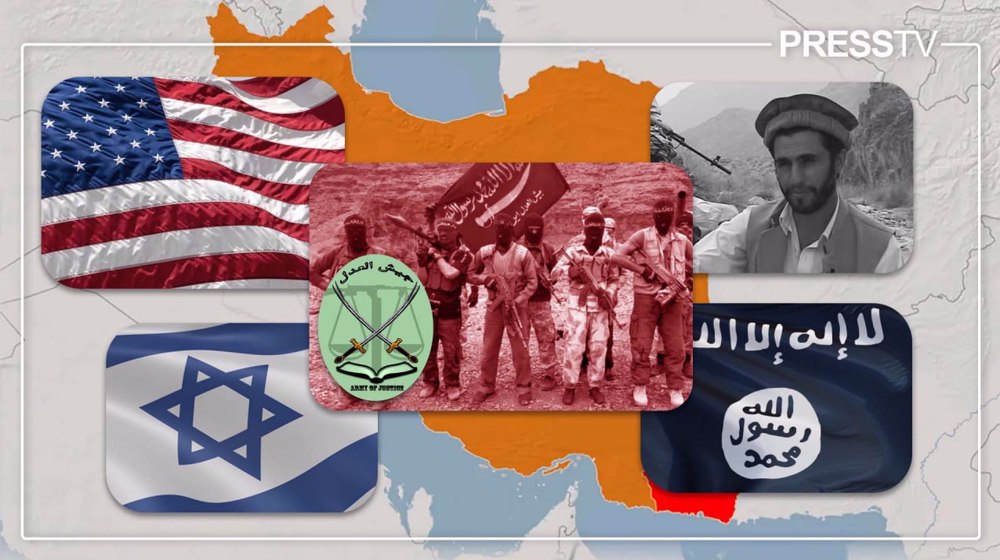
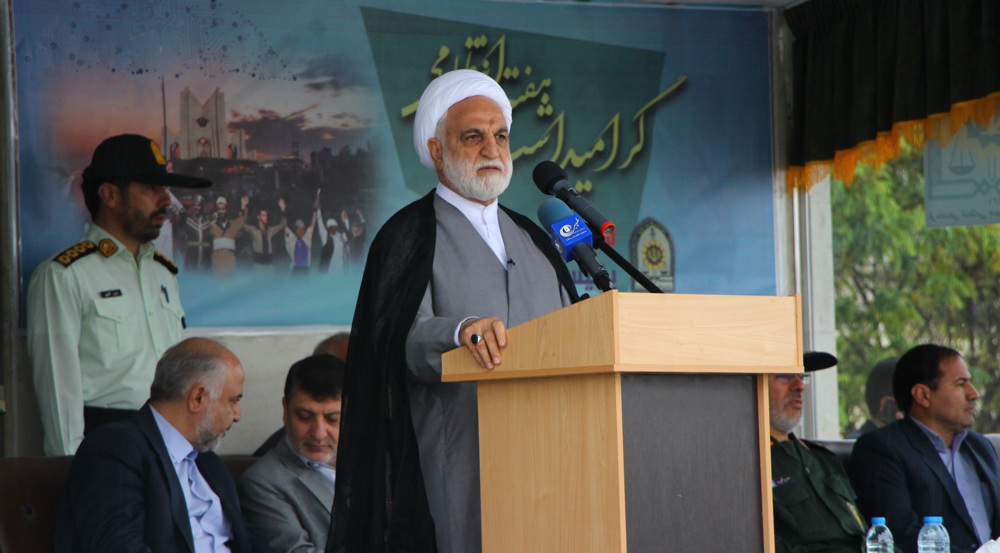
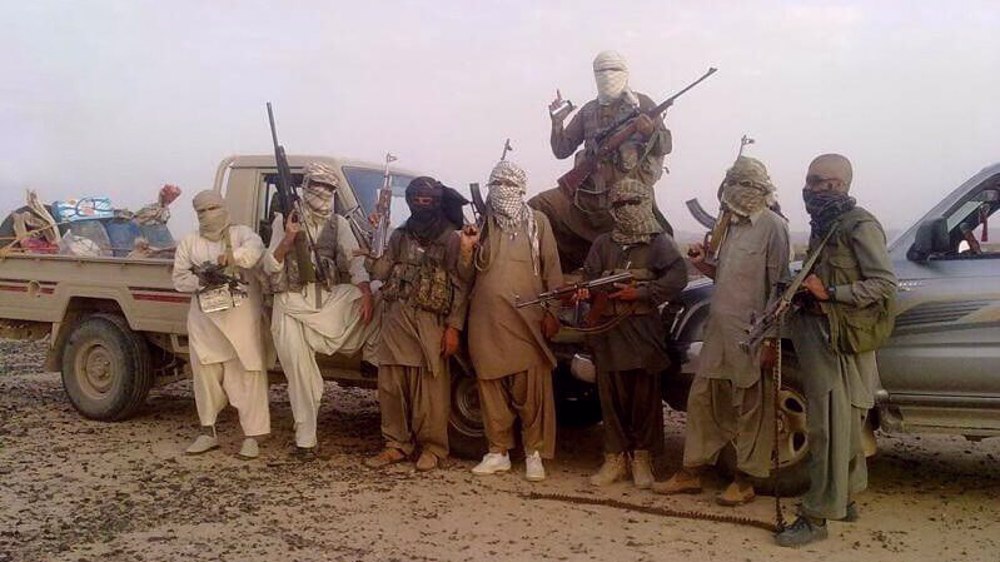
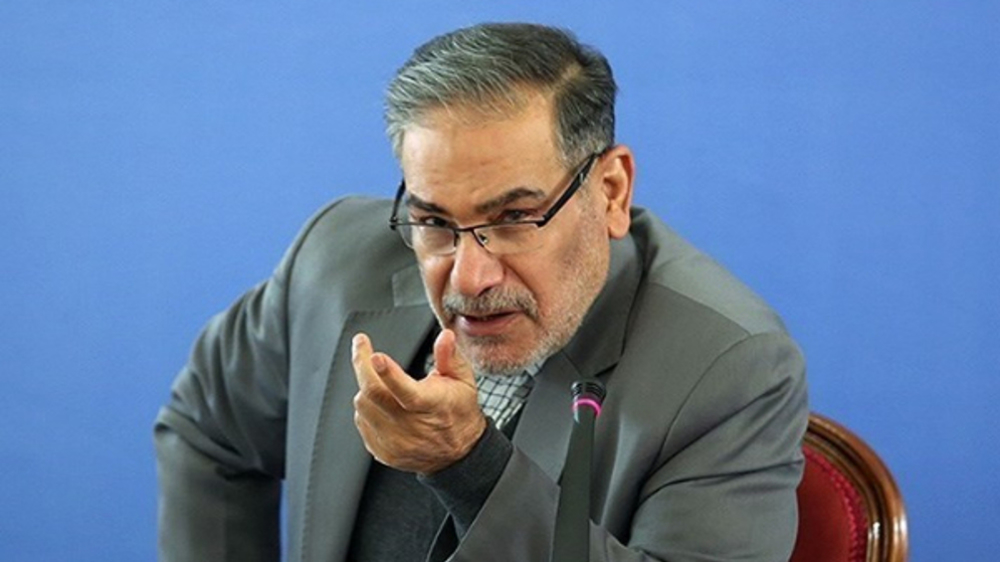
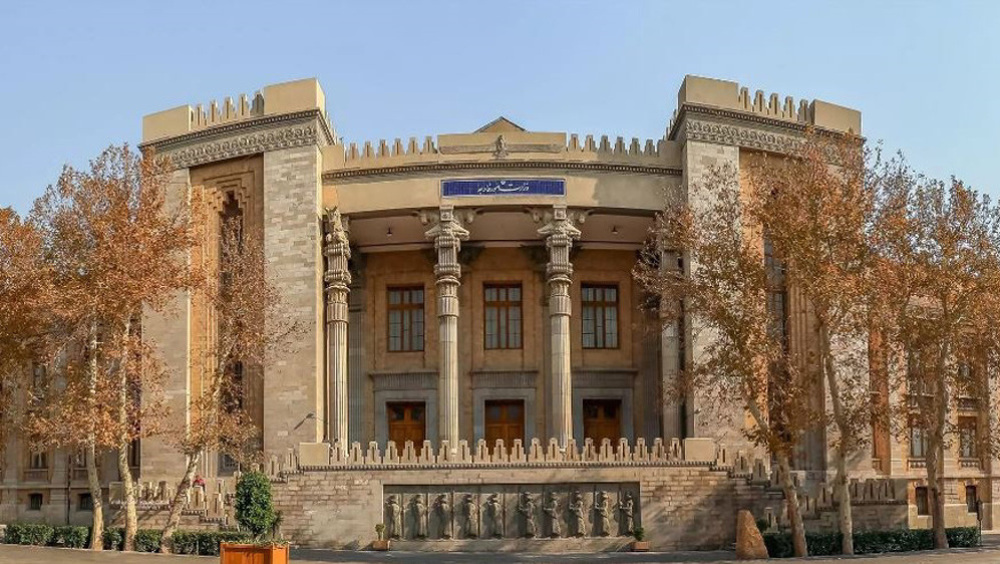
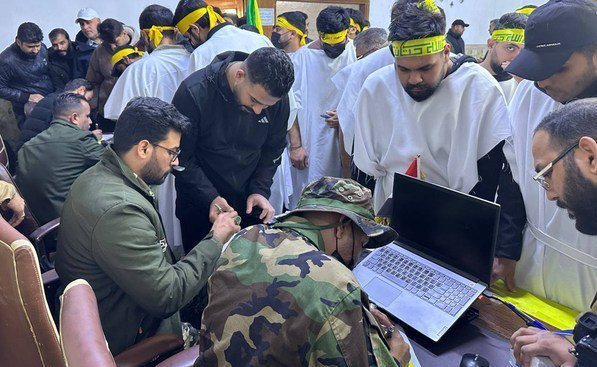



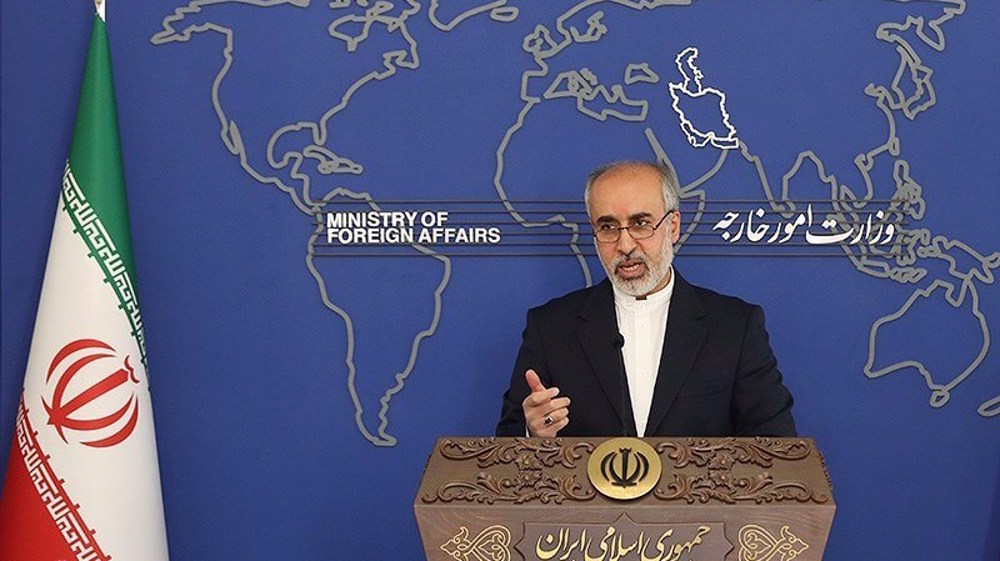
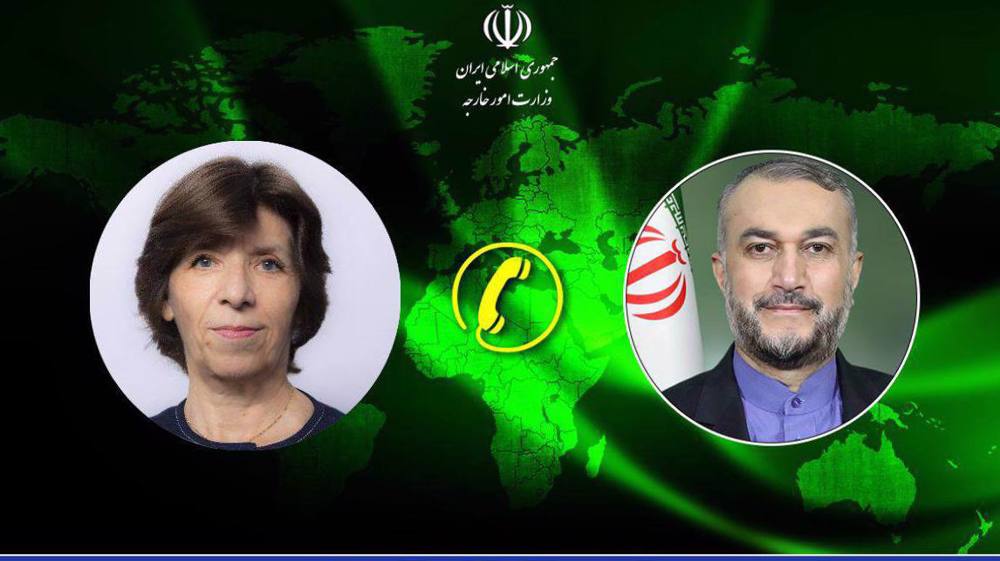
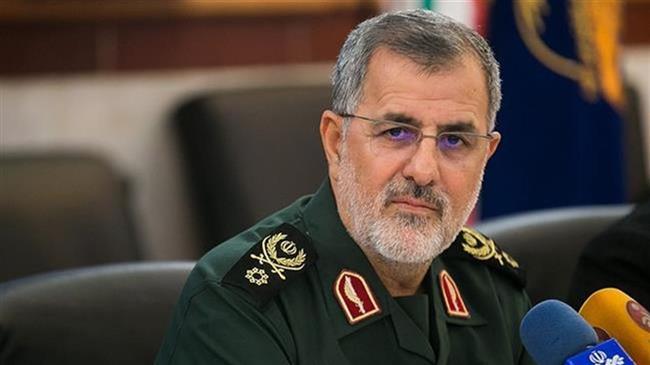


 This makes it easy to access the Press TV website
This makes it easy to access the Press TV website